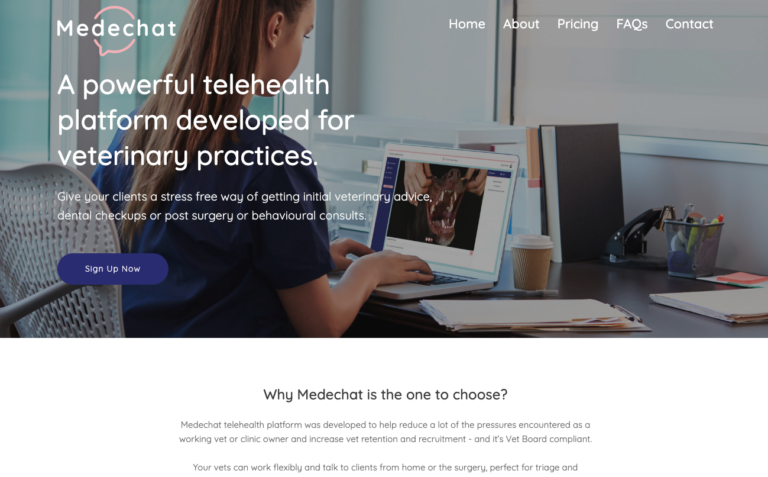Home Industries We Serve Website Development for Commercial Industry
Professional commercial website development
Looking to expand your business online? Our ecommerce and commercial website development services are designed to help you achieve your goals.
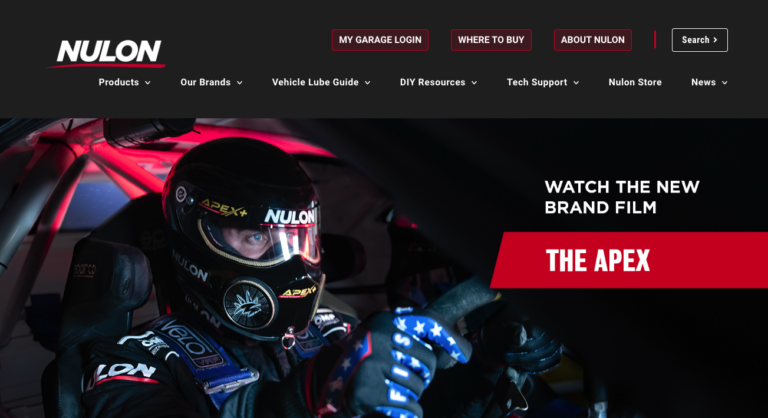
Building a successful commercial website requires careful consideration of several important factors. Conducting market research to understand the target audience is crucial to ensure the website meets their needs. Design plays a crucial role in building an effective website, with the layout, structure and branding all playing a part. Security is also essential, with strong passwords, regular software updates and SSL encryption being important measures to protect against cyber threats. Regular backups and disaster recovery plans can also minimise any potential data loss or downtime.
eCommerce websites
An eCommerce website design service is crucial for businesses looking to sell products or services online. It provides a visually appealing, user-friendly platform to showcase and sell your products. Let us help you create a seamless online shopping experience that drives conversions and boosts your revenue.
eCommerce website security
Our eCommerce website security service ensures the safety of your customer's sensitive information, protecting against hacks and data breaches. Trust us to provide a secure and reliable platform for your online store, building customer confidence and preventing financial losses.
eCommerce SEO
Our eCommerce SEO service can help boost your online visibility, drive traffic, and increase sales. With tailored strategies and analysis of your competitors, we can improve your website's ranking on search engines and optimize your product listings to reach your target audience.
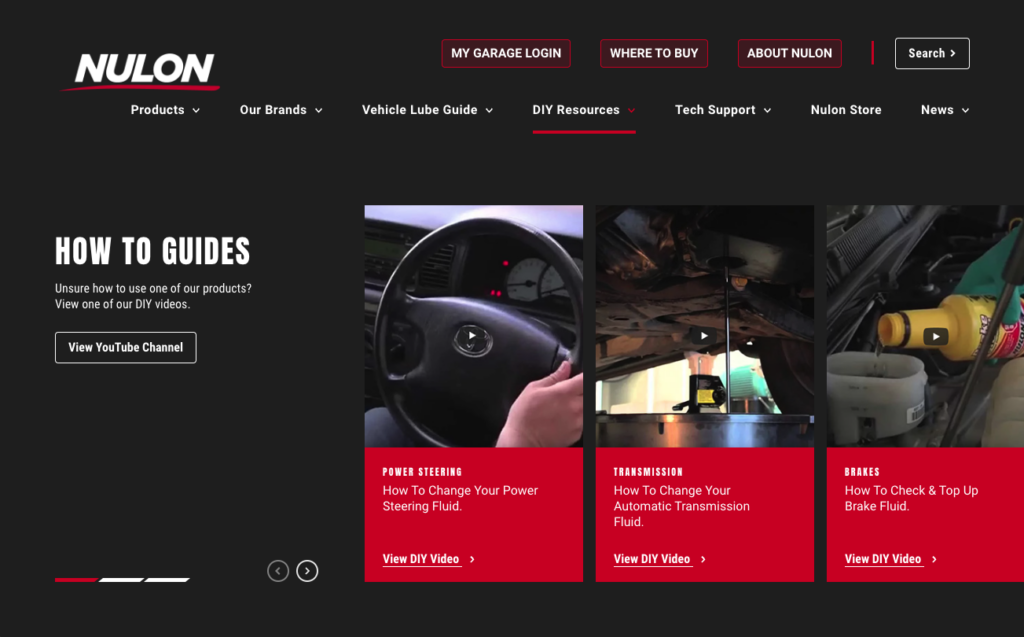
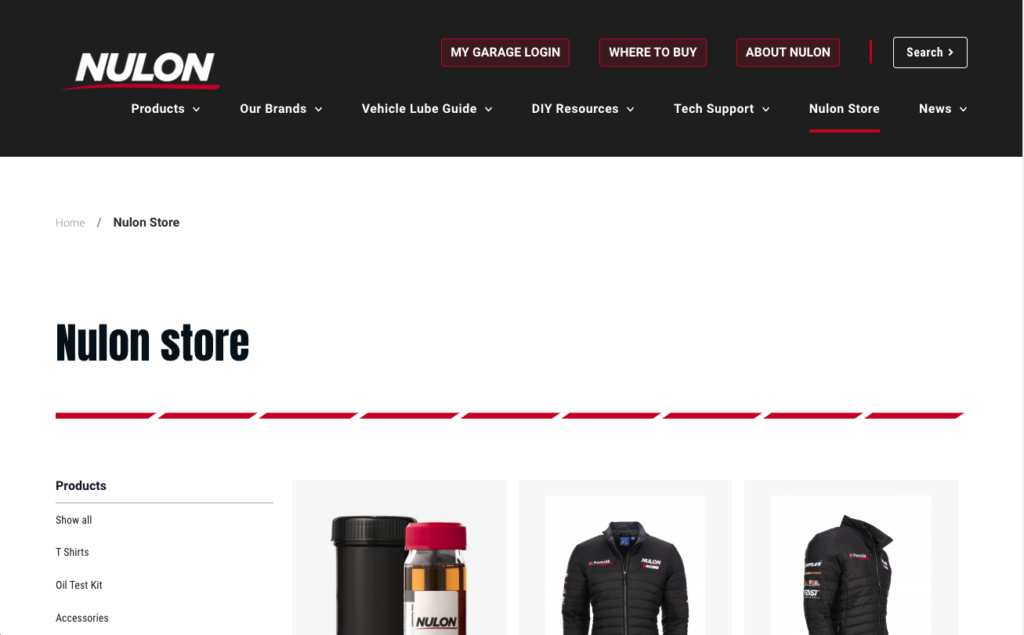
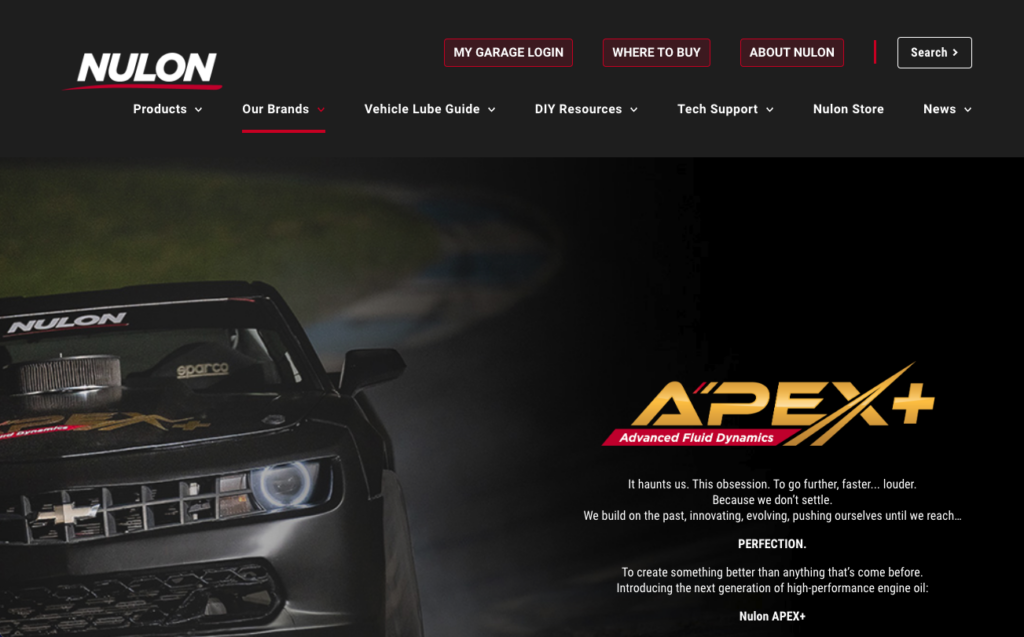
Commercial Web Design
Design is an essential aspect to consider when building a commercial website. A website’s design can have a significant impact on the user’s overall experience, and a poorly designed website can negatively impact a business’s credibility and reputation. A well-designed website can attract and retain users, improve engagement, and increase conversion rates.
A good website design should be aesthetically pleasing and consistent with the brand’s image and values. This means using appropriate colours, typography, and graphics that align with the business’s overall branding. The website’s layout and navigation should also be intuitive, making it easy for users to find what they need quickly and easily.
Butterfly can provide invaluable assistance when it comes to commercial web design. We conduct thorough market research to understand your target audience, your demographics, and needs, and then create a design that is visually appealing and optimised for desktop and mobile devices. We also ensure that the design is consistent with your brand’s image and identity, thereby creating a cohesive online and offline presence. Importantly, we help to ensure that your website is secure and protected against potential threats such as cyber attacks and data breaches.
With our expertise and experience, we can create a successful commercial website that meets the needs of the target audience and helps to achieve the desired business goals.
Commercial website security
Ensuring website security is crucial when building a commercial website due to the increasing threat of cyber-attacks such as hacking and data breaches. This could lead to reputational damage, financial loss, and legal liability. Adequate security measures must be put in place to prevent these attacks, such as using a secure web hosting provider, updating software regularly, and implementing user authentication and authorization measures. Additionally, encryption is crucial to ensure that sensitive data is transmitted securely. A secure website helps maintain customer trust and loyalty, protect business reputation, and ensure regulatory compliance.
Butterfly play a critical role in helping businesses ensure the security of their commercial websites. We can conduct a thorough security assessment to identify potential vulnerabilities and recommend appropriate measures to mitigate the risks. We can also provide ongoing maintenance and support to ensure that the website’s software is up to date and that security patches are applied promptly. With Butterfly’s expertise and guidance, businesses can ensure that their commercial website is secure, protected against potential cyber threats, and compliant with relevant regulations and laws.
Content Management for Commercial websites
A Content Management System (CMS) is a crucial tool for building a commercial website, as it allows for easy content management without technical skills. It’s particularly useful for managing e-commerce inventory and orders, saving time and resources. Popular CMS options like WordPress, Joomla, and Wagtail offer e-commerce plugins to help build successful commercial websites.
A CMS also plays a vital role in website security, with regular security updates and patches to prevent hacks and data breaches. CMS platforms like Joomla also offer built-in security features like two-factor authentication and password strength requirements. Additionally, a CMS can improve the user experience with easy content management, design templates, and customization options, leading to increased traffic, engagement, and sales.
Working with the Commercial sector
Butterfly has extensive experience working with a wide range of organisations in the Commercial sector. We help you create secure, accessible, and compliant digital solutions to meet your organisational needs and objectives. Some of the organisations we’ve worked with include:
- Telstra
- Nulon
- Officeworks
- Ticketmaster
- Subway
FAQ's developing websites for commercial sector
What platform should I use to build my website?
There are several platforms you can use to build a commercial website, and the best one for you will depend on your specific needs and preferences. One popular option is WordPress, which is a user-friendly and versatile platform that can support a range of websites, including ecommerce sites. Other options include Joomla, Magento, and Shopify, which are specifically designed for ecommerce websites. It’s important to evaluate the features and capabilities of each platform before deciding which one to use.
Ultimately, the platform you choose will depend on your specific business needs and goals. It’s important to do your research and carefully evaluate each option before making a decision. You may also want to consult with a web development professional to help you choose the best platform and ensure that your website is optimised for success.
How can I make my website stand out and attract customers?
There are several ways to make your commercial website stand out and attract customers:
- Visual Design: The visual design of your website should be eye-catching, professional, and easy to navigate. It should also align with your brand and target audience. Make use of high-quality images and videos, and ensure that your website is optimised for all devices, including mobile devices.
- Content: Your website’s content should be engaging, informative, and relevant to your target audience. It should also be optimised for search engines to ensure that your website ranks high in search engine results pages (SERPs). Use keywords strategically and regularly update your content to keep it fresh and relevant.
- Marketing: To attract customers to your website, you need to promote it through various digital marketing channels, including social media, email marketing, and paid advertising. Develop a digital marketing strategy that aligns with your business goals and target audience, and regularly measure and adjust your marketing efforts to improve your results.
The key to making your commercial website stand out and attract customers is to create a seamless and enjoyable user experience. Focus on providing value to your customers, addressing their pain points, and making it easy for them to engage with your brand.
How can I ensure my website is secure and protect customer data?
There are several steps you can take to ensure your website is secure and protect customer data:
- Use HTTPS: Use a secure connection between your web server and your visitors’ browsers by using HTTPS. This encrypts all data that is transmitted between the server and the browser, ensuring that no one can intercept and read the information being transmitted.
- Keep your software up-to-date: Ensure that all software, including your website CMS, plugins, and any other applications, are kept up-to-date. Software updates often contain security patches that address known vulnerabilities.
- Use strong passwords and two-factor authentication: Ensure that all user accounts on your website use strong passwords and implement two-factor authentication to provide an additional layer of security.
- Regularly backup your website: Backup your website regularly to ensure that you can quickly restore your website in case of a security breach or data loss.
- Use a secure payment gateway: If you are accepting payments on your website, ensure that you use a secure payment gateway that complies with industry standards such as PCI DSS.
- Monitor your website: Use website monitoring tools to monitor your website for any suspicious activity or vulnerabilities. This will allow you to quickly identify and address any security issues that may arise.
What features do I need to include in my website to facilitate sales and transactions?
To facilitate sales and transactions on your commercial website, there are several key features that you should consider including:
- E-commerce functionality: Depending on the nature of your business, you may need to incorporate e-commerce functionality into your website to allow customers to purchase products or services directly online. This may include features such as shopping carts, payment gateways, and order tracking systems.
- Secure checkout process: To ensure that customers feel safe and confident when making purchases on your website, it is important to provide a secure checkout process. This may involve using SSL encryption, implementing two-factor authentication, and displaying trust badges such as SSL or PCI compliance seals.
- User account management: If you plan to offer personalised content, loyalty programs, or other advanced features on your website, you may want to include user account management functionality. This will allow customers to create and manage their own accounts, view order history, and save their billing and shipping information for faster checkout in the future.
By incorporating these and other key features into your website, you can create a seamless and secure shopping experience that will help to attract and retain customers over time.
How can I make my website user-friendly and easy to navigate?
There are several ways to make your website user-friendly and easy to navigate:
- Simple and Clear Navigation: The navigation menu should be easy to find and use. It should be clear and concise, with simple and descriptive labels. Avoid using too many drop-down menus or too many options in the main menu, which can overwhelm users.
- Consistent Layout and Design: Consistency in design and layout across all pages of the website helps users understand how to navigate and find what they are looking for. Use a clear and legible font, consistent colour scheme, and avoid cluttered pages.
- Mobile Responsiveness: Your website should be optimised for mobile devices as well as desktops. Mobile responsiveness ensures that your website is easy to navigate on smaller screens, and users can access all the necessary features and functions.
- Search Functionality: A search bar makes it easy for users to find specific content on your website. Make sure it is easily visible and accessible on all pages.
- Page Speed: Website loading speed is an important factor in user experience. A slow website can frustrate users and result in them leaving the site. Optimise images and code, use a content delivery network (CDN), and choose a reliable web hosting provider to ensure fast page load times.
By implementing these strategies, you can create a website that is user-friendly and easy to navigate, improving the overall user experience and increasing engagement and conversions.
